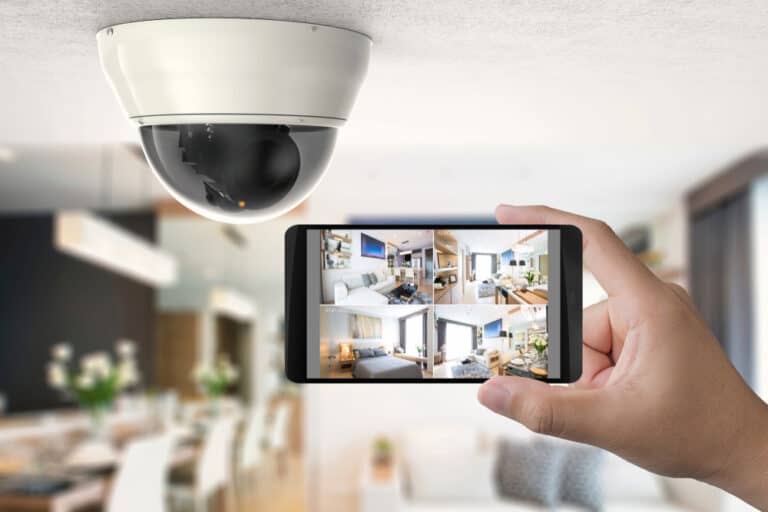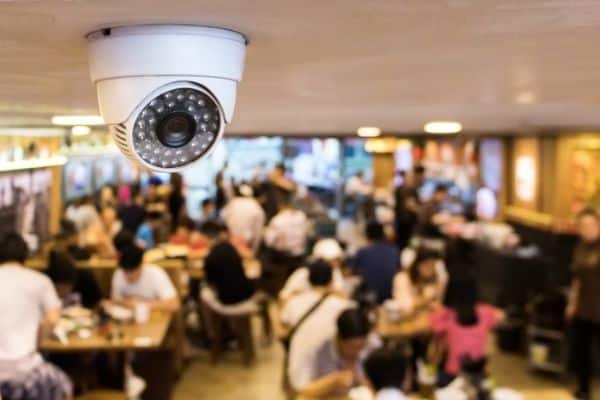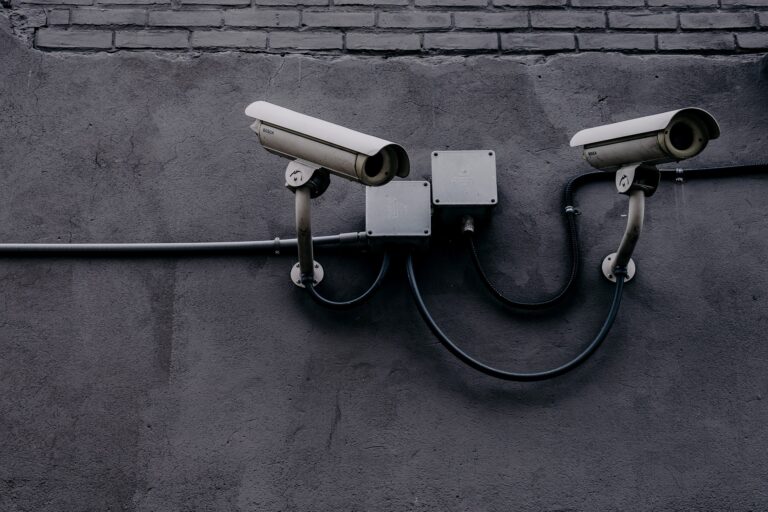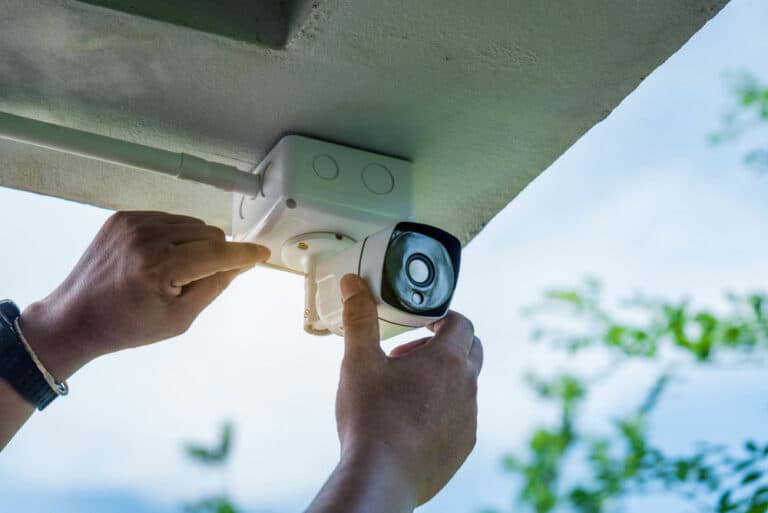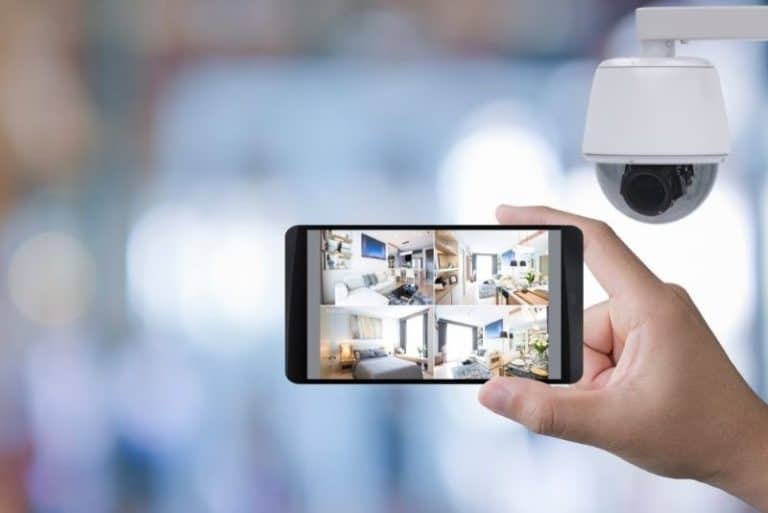CCTV Signage Requirements NSW
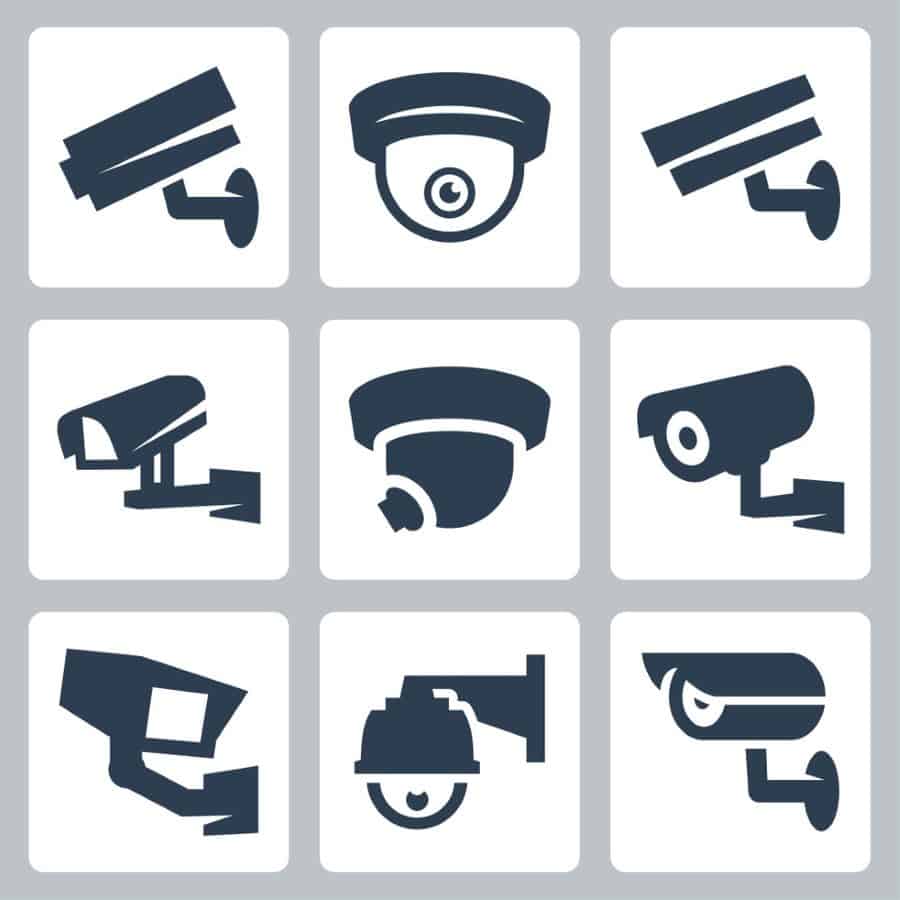
More and more homes and businesses are turning toward CCTV security systems to protect their people and property.
They offer a wide range of benefits, including being a physical deterrent against crime, providing around the clock monitoring services, collecting evidence that can be used in court and delivering the peace of mind that we all deserve.
However, laws are changing every day in regards to what and whom we can film. It is not as simple as being able to purchase cameras and mount them on your home and business. Compliance is essential for a home or business security system, and in many cases, that means putting up signage advising that you have CCTV cameras operating on your premises.
Unfortunately, there is no cut and dry answer to this because there is no common law pertaining to privacy, unlike other states. There have even been two High Court cases that both tried to establish a right to privacy, but both were unsuccessful.
However, that does not mean you have carte blanche to install cameras without signage as you please. There are NSW laws that pertain to the installation and management of listening and recording devices.
The Surveillance Devices Act 2007 (NSW)
This is the primary legislation that you will need to adhere to. The Surveillance Devices Act 2007 (NSW) essentially states that CCTV cameras can be installed unless the owner of the land they are being installed on expressly forbids it.
However, this only takes vision into consideration. So, if you have a CCTV camera setup without an audio recording device, you are in the clear. It is when you are also recording audio that there is confusion.
When Signage Is Required
If you are installing CCTV cameras on common ground in New South Wales without audio listening or recording devices, then you do not need to put up signage.
This changes if the common space is a workplace. In this instance, cameras need to be clearly visible and you must put up signage at every entrance that states that you are using a security monitoring service.
While this may sound draconian, it is a good thing. Would-be intruders are more likely to see the signage than they are to see the cameras themselves, so this acts as a deterrent against crime.

Consider The Placement Of Your Security Cameras
Your CCTV system should be installed with the sole intention of capturing footage in the best interests of your business. Unfortunately, you can unintentionally capture footage that could land you in trouble.
For example, if you have cameras and signage advising that you are using them, that covers your property in New South Wales. However, if that camera is pointing in a direction that captures footage of a bedroom, balcony or other private residence, you could land yourself in hot water.
Always properly test and inspect your cameras to ensure you are not inadvertently recording private residences. Then, you will have a secure setup that deters crime and provides evidence when you need it.
Contact The Experts
To learn more about CCTV security, contact our team at Pacific today.

